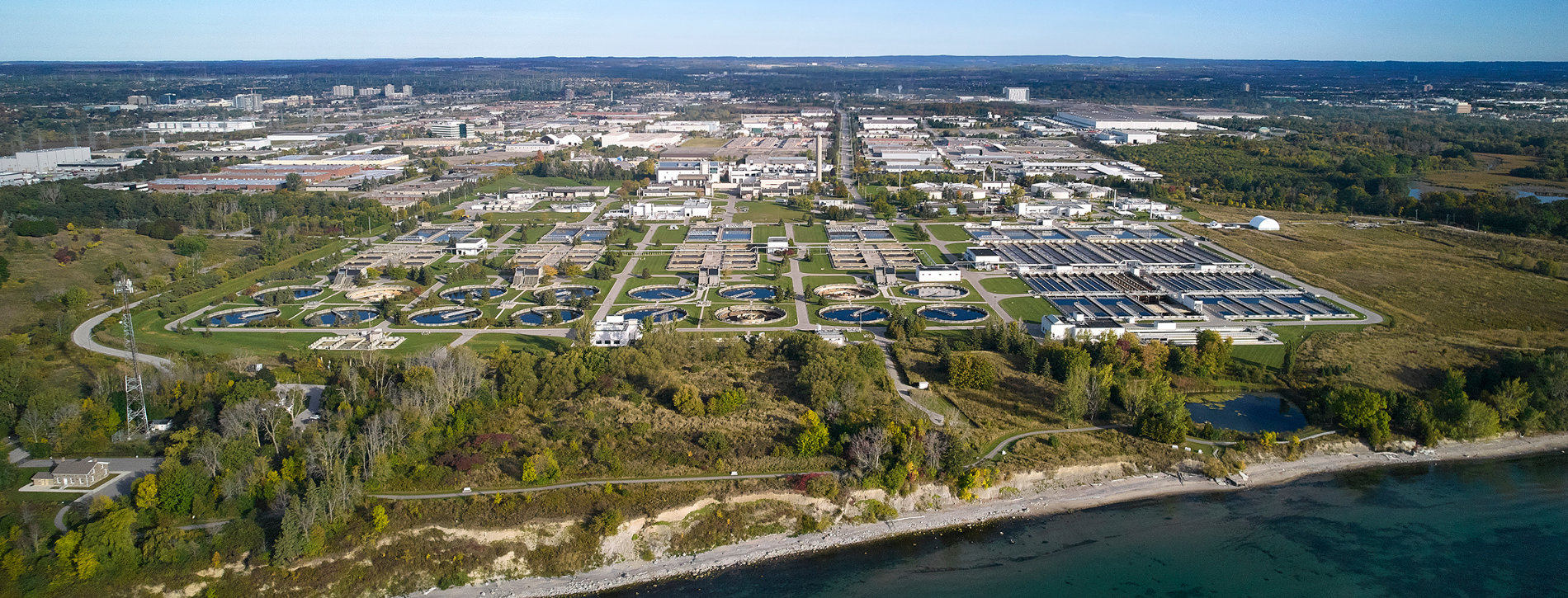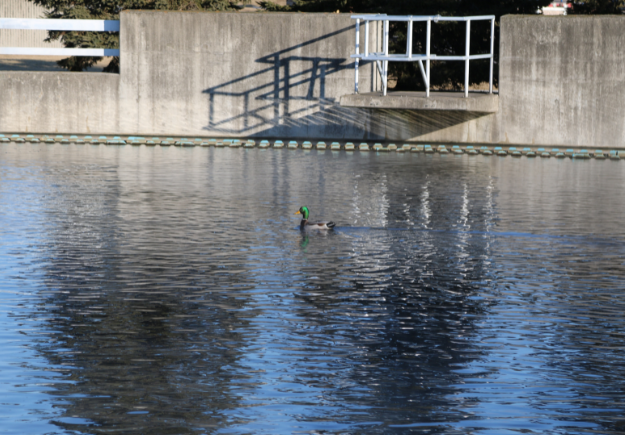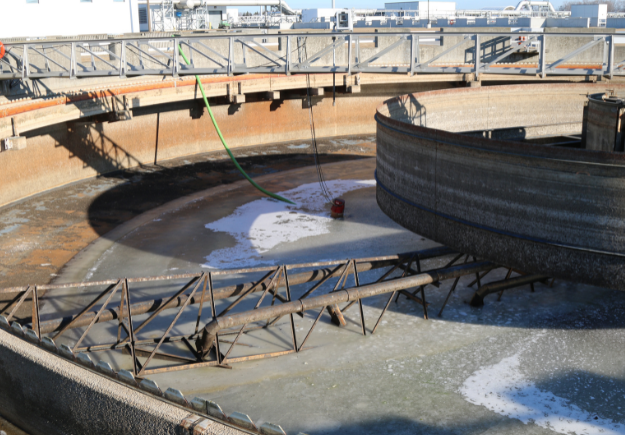What happens after you flush? Meet the team keeping our lake clean

Ever wonder what happens after you flush?
Most of us don’t think twice about what happens to the waste that gets flushed down the toilet—we flush it and forget it, but as Chief Maintenance Operator, Kurt thinks about it every day. For over 20 years, Kurt has been working at Duffin Creek Water Pollution Control Plant (WPCP) in Pickering making sure the waste in your flush doesn’t end up in the lake.
Operated as a partnership between Durham and York Regions, the plant is one of the largest wastewater plants in Ontario, capable of treating 630 million litres of wastewater each day coming from homes and businesses in York Region, the Town of Ajax and the City of Pickering—that’s enough wastewater to fill 250 Olympic-sized swimming pools every day!
Kurt leads the team of maintenance operators who makes sure wastewater is treated in an environmentally responsible way, so only clean water returns to Lake Ontario.

How it works: From flush to finish
- Raw sewage, known as influent, arrives from your home through underground pipes and is pumped to the first treatment stage.
- Large solids are removed, and those materials then go to landfill.
- Remaining solids settle in tanks creating a product called sludge, the thick, material that’s left over after wastewater goes through the treatment process.
- At the secondary treatment stage aeration tanks pump air into the wastewater to help bacteria break down organic material.
- Disinfection then removes harmful micro-organisms from the wastewater.
- Clean, clear water, known as effluent, flows back into Lake Ontario through an outfall pipe.
- The remaining biosolids are incinerated on-site, producing steam that generates electricity to help power the plant! The ash then goes to local cement manufacturers for reuse.
Everything that comes into the facility goes through each step of this treatment process. The maintenance operators carefully monitor the process to ensure the plant achieves the province’s strict limits on the quality of water that is released back into Lake Ontario.
“There’s always someone behind the scenes helping to keep the lakes clean. We’re serious about achieving good effluent,” says Kurt.
Unique features
Kurt notes that the incineration process—step number seven—is unique in Durham Region to Duffin Creek WPCP. Smaller wastewater plants don’t have this process in place. The incineration process allows Duffin Creek WPCP to produce energy that helps save on the plant’s heating requirements and energy costs.
Duffin Creek WPCP also has larger pumping stations than other facilities. While the pumping stations at the plant are flushed weekly to remove heavy solids, Kurt notes we can help with this process by only flushing human waste and toilet paper down the toilet. Anything else, including commonly flushed items, such as disposable wipes, tampons, condoms, grease and fat, can cause damage to the pumps leading to downtime and costly repairs.

Innovation in action
The key change that Kurt has seen in his time at the plant is how their understanding of the connection of the plant’s operations to the natural environment has increased over the years. This understanding has led to improvements being made to reduce phosphorus in the plant’s effluent through optimizing the phosphorus removal in the secondary treatment process. With these improvements in the plant’s operations, the reduction in phosphorus ensures the clear treated water into Lake Ontario achieves regulatory requirements.
Want to learn more?
While Kurt and the rest of the employees at Duffin Creek WPCP continue to ensure the treated water discharged to Lake Ontario is as clean as possible, let’s all do our part to help by being mindful of what is going down our toilets every time we flush.
Learn more about Duffin Creek WPCP at durham.ca/DuffinCreekWPCP.
Never miss a story. Subscribe to receive weekly updates at durham.ca/ThisWeek.
Contact Us




